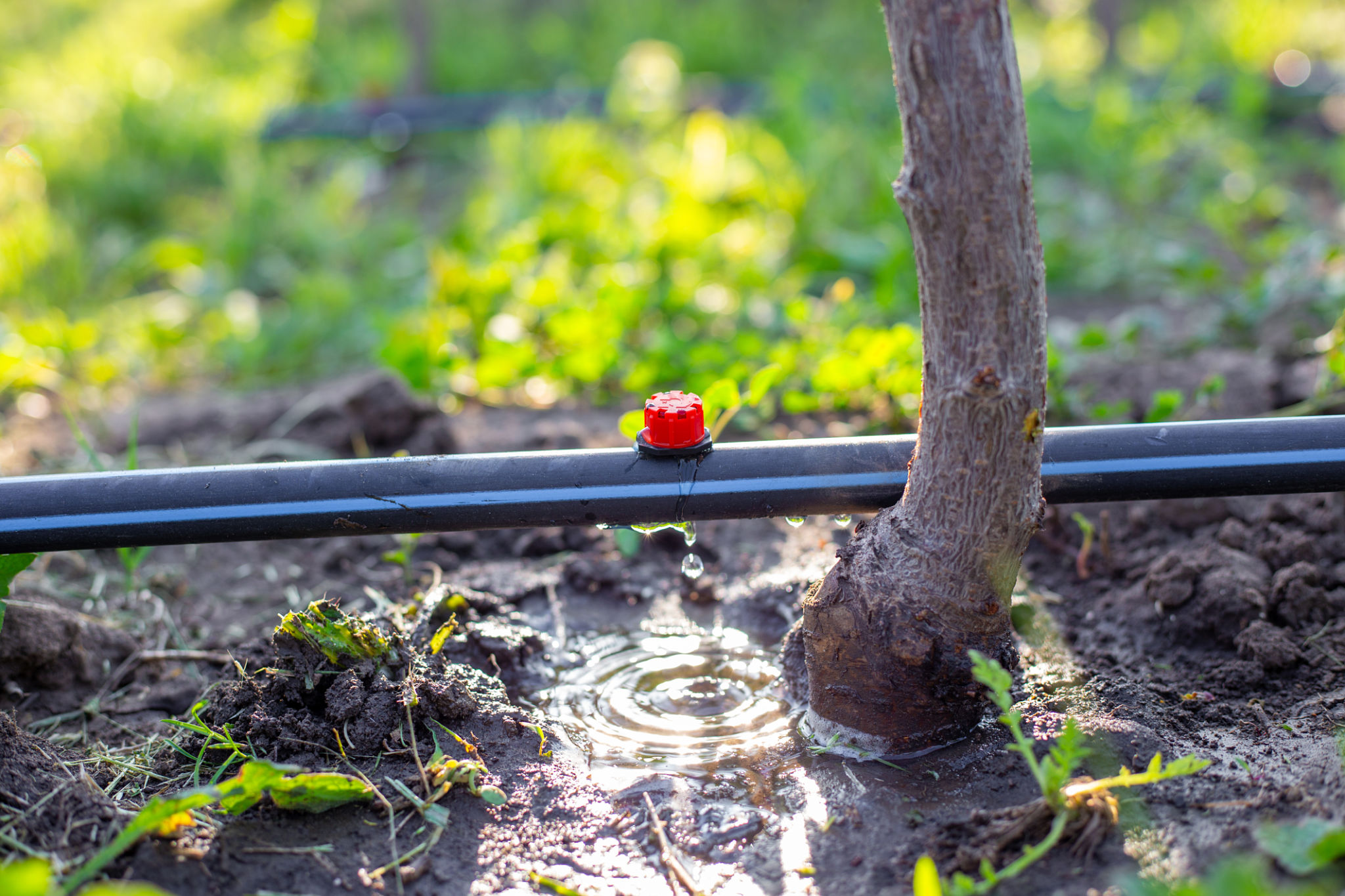The Benefits of Sustainable Farming Methods: A Comprehensive Guide for Nigerian Farmers
Introduction to Sustainable Farming
In recent years, sustainable farming has gained traction as a viable solution to many agricultural challenges. For Nigerian farmers, adopting sustainable methods is not just an environmentally friendly choice but also an economically beneficial one. By making the transition to sustainable practices, farmers can enhance soil health, increase crop yields, and ensure food security for future generations.

Enhancing Soil Health
Soil degradation is a significant issue in traditional farming practices, often caused by excessive use of chemical fertilizers and monocropping. Sustainable farming methods, such as crop rotation and the use of organic fertilizers, help maintain and improve soil fertility. These practices support a balanced ecosystem within the soil, encouraging the growth of beneficial microorganisms that contribute to nutrient cycling and soil structure.
Benefits of Crop Rotation
Crop rotation involves growing different types of crops in the same area across different seasons. This method reduces the risk of soil nutrient depletion and disrupts pest and disease cycles. By rotating crops, farmers can naturally replenish soil nutrients and improve crop resilience against pests, ultimately leading to healthier and more productive fields.

Water Conservation Techniques
Water scarcity is a pressing concern for farmers in Nigeria. Sustainable farming methods offer solutions for conserving water through techniques like rainwater harvesting and drip irrigation. These methods ensure efficient use of water resources, reducing wastage and allowing farmers to maintain productivity even in dry seasons.
Drip Irrigation Systems
Drip irrigation is a highly efficient method that delivers water directly to the plant roots, minimizing evaporation and runoff. This system not only conserves water but also improves crop yield by ensuring that plants receive the right amount of moisture at the right time. Implementing drip irrigation can significantly reduce water usage while increasing the quality and quantity of the produce.

Promoting Biodiversity
Sustainable farming encourages biodiversity, which is crucial for resilient ecosystems. Practices such as intercropping and agroforestry support diverse plant and animal life on farms. Biodiversity helps control pests naturally, improves pollination, and contributes to a balanced ecosystem that can better withstand environmental stresses.
Agroforestry Benefits
Agroforestry combines agriculture and forestry practices by integrating trees into farmland. This method provides multiple benefits, including improved soil fertility, increased shade and shelter for crops, and enhanced biodiversity. Trees act as windbreaks, reduce soil erosion, and contribute to carbon sequestration, aiding in the fight against climate change.

Economic Advantages
Sustainable farming is not only beneficial for the environment but also presents economic advantages. By reducing dependency on synthetic inputs and enhancing resource efficiency, farmers can lower production costs. Additionally, sustainably grown produce often fetches a premium price in local and international markets, providing farmers with increased financial returns.
Access to New Markets
With the growing global demand for sustainable products, Nigerian farmers practicing sustainable agriculture have the opportunity to access new markets. Certifications that verify sustainable practices can open doors to export markets, offering farmers a competitive edge and increased income potential.
In conclusion, sustainable farming methods offer numerous benefits for Nigerian farmers by improving soil health, conserving water, promoting biodiversity, and providing economic advantages. By adopting these practices, farmers can ensure long-term productivity and contribute to a healthier planet.
